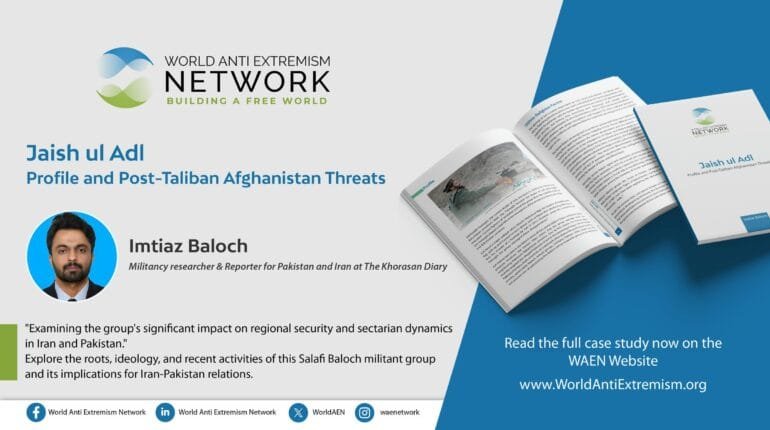
In a world where the headlines are often dominated by tales of violence and extremism, it’s crucial to pause and reflect on the deeper narratives that fuel these conflicts. The tragic irony lies in the fact that individuals who possess high levels of religious devotion often do not become perpetrators of violence. Instead, it is the grievances stemming from socio-political marginalization and sectarian divides that play a pivotal role in the rise of militant groups.
Our latest case study, authored by Imtiaz Ali Baloch, delves into the complexities of Jaish ul Adl (JuA), an anti-Iranian militant group formed in 2012. Emerging from the remnants of Jandullah, JuA has become a significant player in the ongoing sectarian conflict in Sistan and Balochistan. Join us in exploring this vital case study to better understand the intricate interplay of religion, politics, and violence. By dissecting the factors that contribute to the rise of groups like JuA, we can foster informed discussions and contribute to the quest for lasting peace and stability in the region.
About the author

Imtiaz Baloch is a journalist and researcher affiliated with The Khorasan Diary, an Islamabad-based research platform monitoring militant groups in Asia. He has covered Baloch armed groups and Islamic Jihadist activities in Pakistan and the Iranian Sistan and Baluchistan province. He has been quoted in well-known news outlasts about the recent exchange of airstrikes between Pakistan and Iran.

